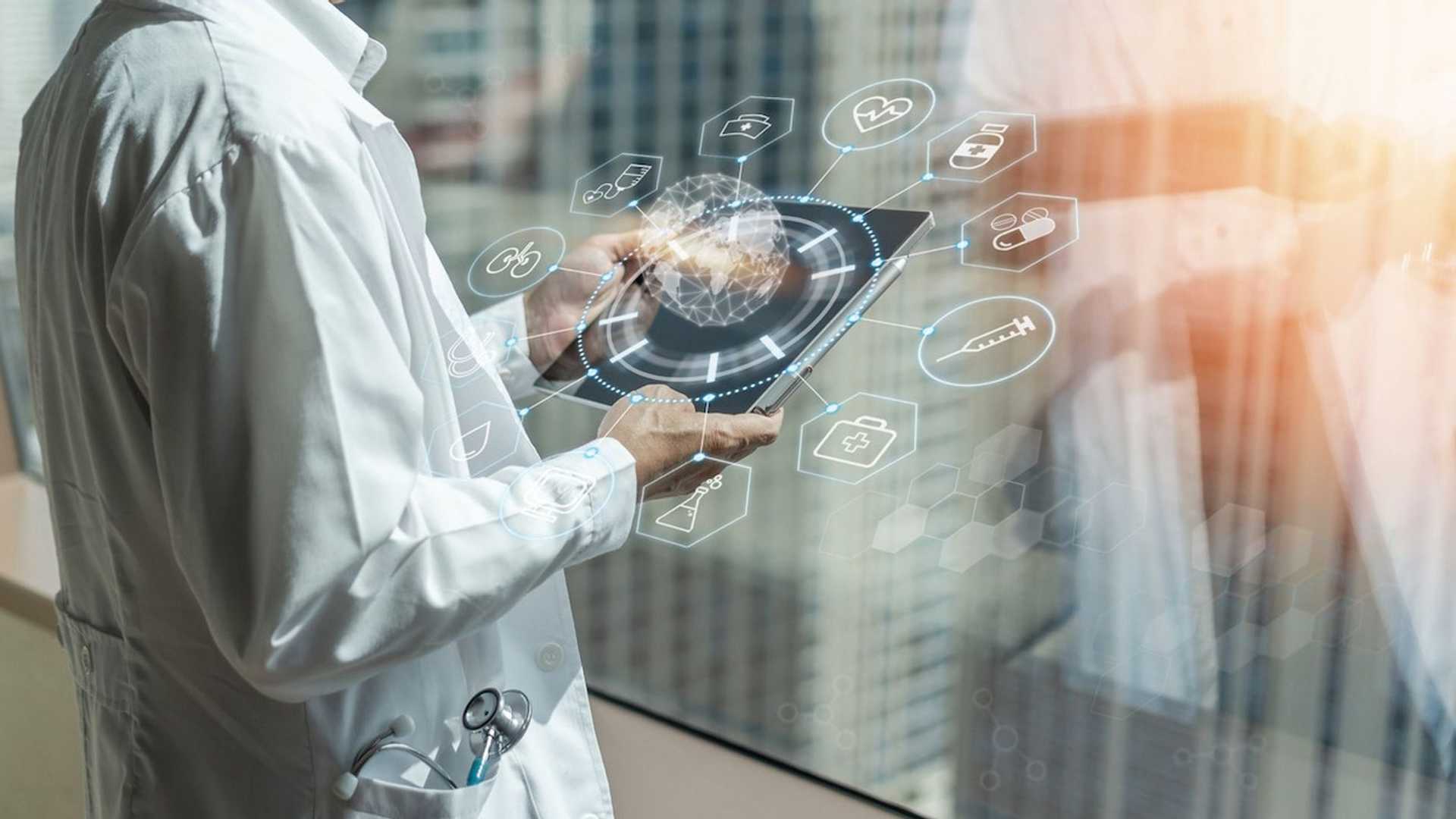ChatGPT for health care providers: Can the AI chatbot make the patient experience better?
ChatGPT is an artificial intelligence-based chatbot that was released by OpenAI in December 2022. This natural language processing (NLP) model is capable of drawing on information from the web and producing answers in a clear, conversational format. While it is not designed to be a source of personalized medical advice, patients can use ChatGPT to get information on diseases, medications, and other health topics.
According to Dr. Tinglong Dai, professor of operations management at the Johns Hopkins Carey Business School in Baltimore, large language models (LLMs) like ChatGPT have "upped the game" in medical AI. One potential use for ChatGPT is to provide clinical decision support to doctors and medical professionals, assisting them in selecting the appropriate treatment options for patients. In a preliminary study from Vanderbilt University Medical Center, researchers found that nine out of the 20 highest-scoring responses regarding clinical decisions came from ChatGPT.
Doctors can enter medical records from a variety of sources and formats, such as images, videos, audio recordings, emails, and PDFs, into large language models like ChatGPT to get second opinions. Additionally, providers can build more efficient and effective patient messaging portals that understand what each patient needs and direct them to the most appropriate parties or respond to them with automated responses.
ChatGPT could also help streamline administrative tasks for medical providers, particularly in the area of medical notes and documentation. On the clinical side, healthcare professionals are already experimenting with GPT models to help with writing notes, drafting patient summaries, evaluating patient severity scores, and finding clinical information quickly. Two medical tech companies that have made significant headway into these applications are Doximity and Nuance. Doximity launched its DocsGPT platform to help doctors write letters of medical necessity, denial appeals, and other medical documents. Meanwhile, Nuance is piloting its GPT4-enabled note-taking program.
One of the most significant advantages of ChatGPT is its potential use for health education in a clinical setting. Physicians can use ChatGPT to explain complex medical concepts and treatments to each patient in a way that is digestible and easy to understand. For example, after having a procedure, the patient could chat with that body of information and ask follow-up questions. Additionally, AI language models like ChatGPT could potentially help streamline patient discharge instructions.
While these types of tools are still in need of regulatory "guard rails," they have the potential to make the patient experience better. It may take time for healthcare providers to fully adopt ChatGPT and similar technologies, but as artificial intelligence continues to advance, the possibilities for improving patient care are endless.




















